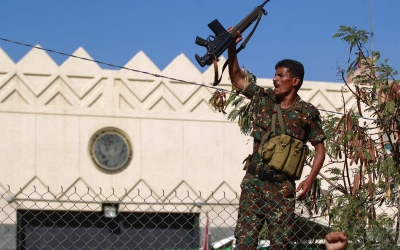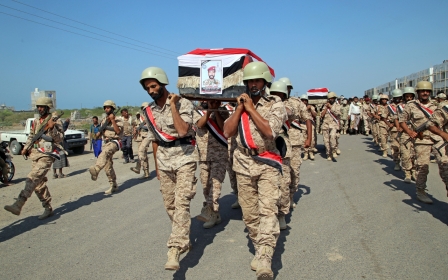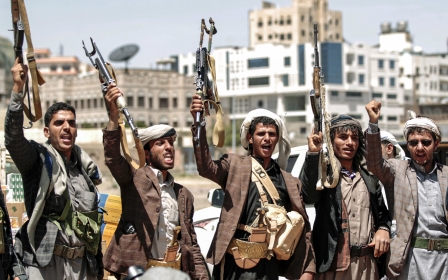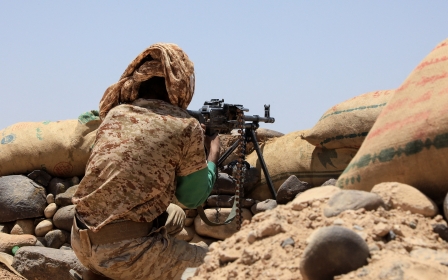UN demands Yemen's Houthi rebels release two detained staffers
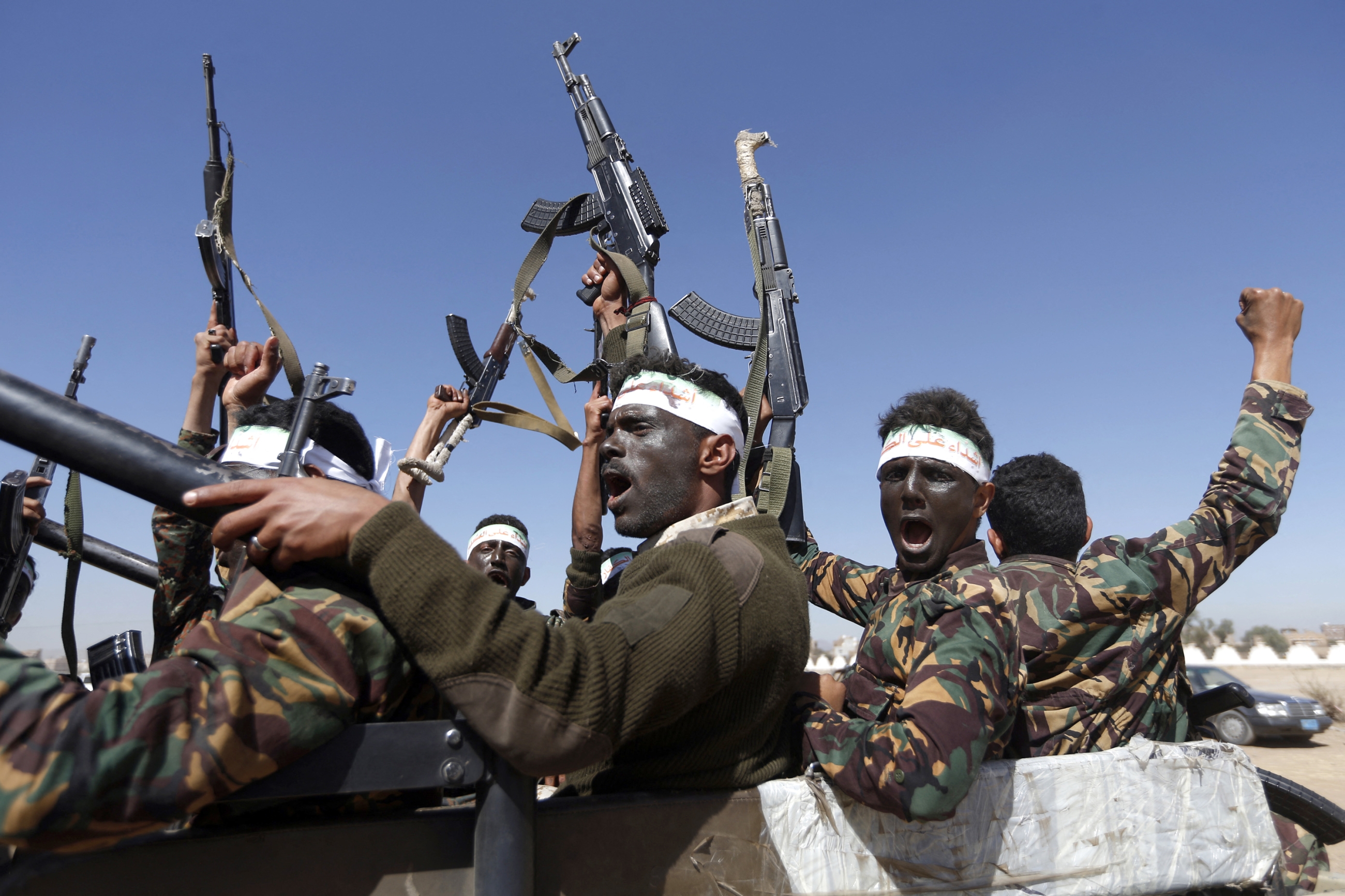
The United Nations on Wednesday demanded the release of two UN staffers detained earlier this month by Yemen's Houthi rebels.
UN spokesman Stephane Dujarric said despite assurances made by the Houthis to free the men last week, they have yet to be released and the UN has not been able to contact them.
"UN staff should not be arbitrarily detained," Dujarric said.
Both men are local Yemeni employees of the international body. One works for the UN Educational, Scientific and Cultural Organisation, and the other works for the Office of the High Commissioner for Human Rights.
"We don't understand why they have been detained and why are they not being released," Dujarric said.
New MEE newsletter: Jerusalem Dispatch
Sign up to get the latest insights and analysis on Israel-Palestine, alongside Turkey Unpacked and other MEE newsletters
"These amount to serious violations of international humanitarian and human rights law which must be promptly and thoroughly investigated and perpetrators brought to justice," Dujarric added.
Earlier this month, Bloomberg reported that the Houthis had arrested Yemeni nationals working at the US's shuttered embassy and staff for USAID.
In a statement released last week by top US lawmakers and seen by Middle East Eye, members of Congress said the arrests "demonstrate the Houthis have no interest in peace".
Yemen has been mired in conflict since 2014, when the Houthis captured the capital Sanaa and overran parts of the country.
Saudi Arabia and a coalition of Arab states intervened in March 2015 to support the internationally recognised government of President Abd-Rabbu Mansour Hadi, who was forced to flee to Riyadh.
Since then, the protracted conflict has seen more than 230,000 people killed, an estimated four million displaced, and 80 percent of the country's 29 million people left dependent on aid for survival.
The UN has declared it as the "world's worst humanitarian crisis", as heavy artillery and air strikes have hampered access to health care and increased pressure on the few facilities that are still functioning.
Saudi Arabia views the Houthis as Iranian proxies, but the rebels claim to represent the Yemeni people against what they call corruption and aggression backed by the kingdom.
Middle East Eye delivers independent and unrivalled coverage and analysis of the Middle East, North Africa and beyond. To learn more about republishing this content and the associated fees, please fill out this form. More about MEE can be found here.


